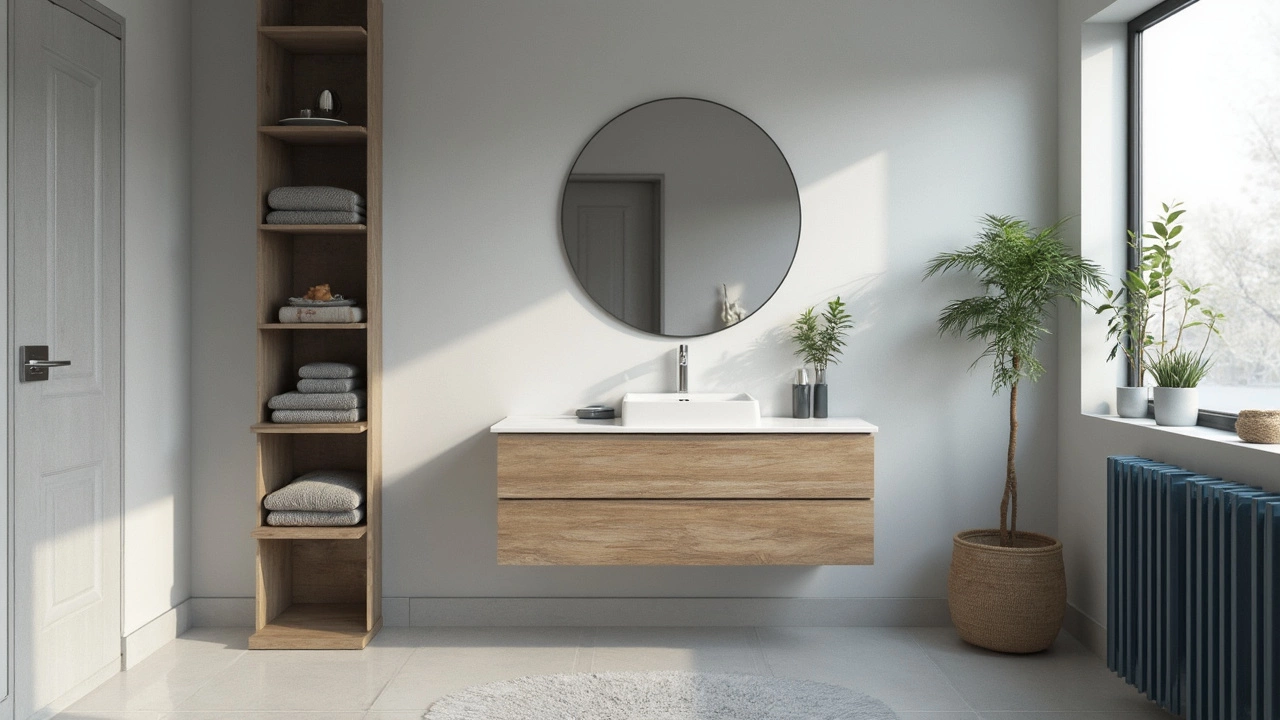Remodel Tips: Real‑World Advice for Everyday Home Projects
Thinking about giving your house a fresh look? Whether you’re fixing a cracked foundation, swapping out kitchen cabinets, or stretching a budget, the right tip can save you time, money, and headaches. Below you’ll find straightforward ideas you can start using today, no fancy jargon required.
Start With the Basics – Plan, Measure, Prioritise
The first step isn’t picking paint colours; it’s writing down exactly what needs to be done. Grab a notebook or a phone app and list every task, from “check crack width” to “order laminate flooring.” Next, measure each area. A simple tape measure and a piece of paper can reveal whether a wall can hold a new TV or if a loft conversion is even possible. Finally, rank the items by impact and cost. Fixing a serious foundation crack should sit at the top, while swapping out light switches can wait.
Budget‑Smart Choices That Don’t Look Cheap
When money is tight, focus on high‑impact, low‑cost upgrades. Painting cabinets instead of replacing them, adding a fresh coat of low‑VOC paint to walls, or installing LED strip lighting can give a room a modern feel without breaking the bank. For bigger jobs like a bathroom remodel, consider a “dry fit” approach: arrange all fixtures and tiles in a temporary layout before committing to cuts. This reduces waste and lets you see the final look before the grout goes down.
Foundation issues are a common stumbling block for many remodels. If you spot a crack wider than 2mm, measure it with a ruler and note the length. Small, hairline cracks often don’t need a structural engineer, but anything over 5mm should trigger a professional visit. Using the right cement – hydraulic or polymer‑based – can seal a crack safely, but remember that a quick fix won’t hold if the underlying soil keeps moving.
Loft conversions are another great way to add space without a new extension permit. Before you start, check the headroom – at least 2.2 m is needed for comfortable use. Also, verify the truss layout; some roofs have hidden services that make conversion tricky. If your loft doesn’t meet these criteria, you might explore a light‑weight dormer instead.
Kitchen upgrades often feel overwhelming, but breaking them into stages helps. Begin with the “dry fit” of cabinets and appliances. This lets you see the flow and catch any measurements that are off early. Next, tackle the plumbing and electrical – use a qualified electrician to avoid future failures, especially if you plan to wall‑mount a TV or add under‑cabinet lighting.
Lastly, keep an eye on insurance. Many UK policies exclude foundation damage unless it’s caused by a covered event like subsidence. Talk to your insurer before you start a large repair to ensure you won’t be left paying out‑of‑pocket if something goes wrong.
Remodeling doesn’t have to be a gamble. With clear planning, smart budgeting, and a little DIY know‑how, you can turn a tired space into a place you love. Use these tips as a checklist, adjust for your own home, and you’ll see progress faster than you expect.


